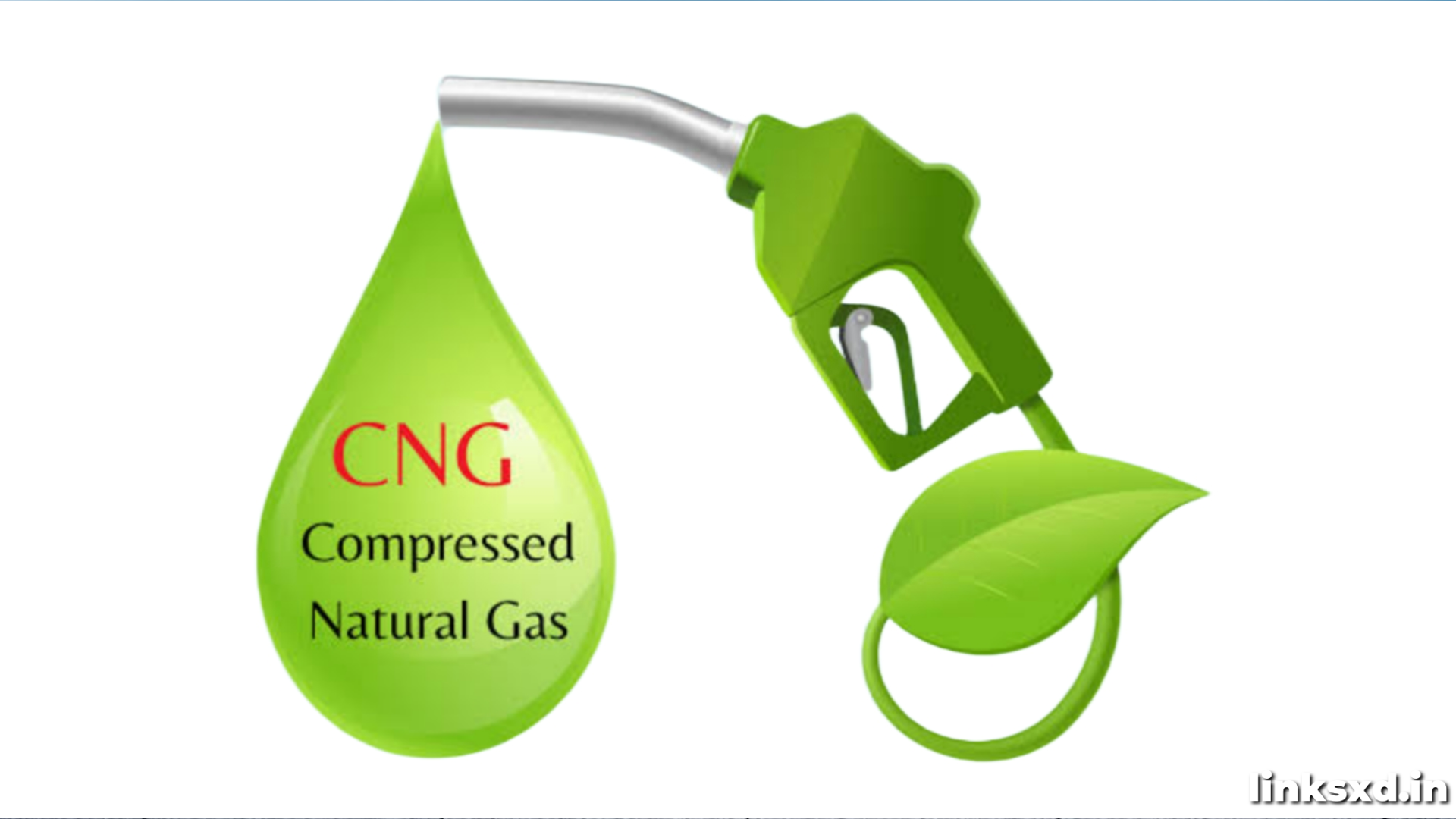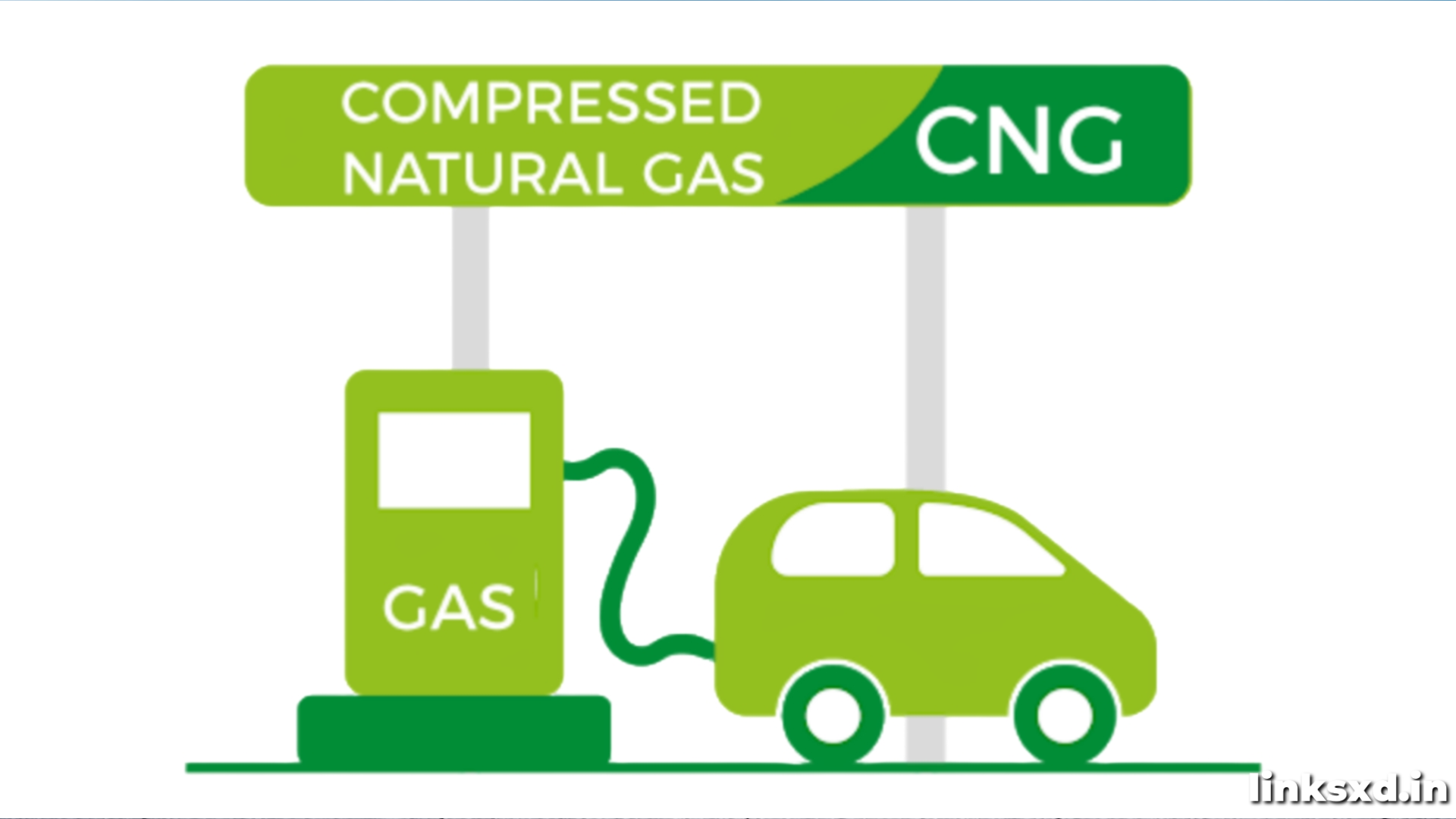CNG Prices By Rs 1
CNG fuel has quickly become an attractive option for auto drivers as it offers significant cost-cutting compared to petrol-driven vehicles, though pricing concerns are an ongoing worry among commuters.
Price increases will have an adverse impact on transportation services like taxicabs and auto-rickshaws, leading to higher fares that could impact millions of commuters every day.
CNG Prices By Rs 1 Auto-rickshaws
CNG price increases could have an enormous effect on commuters relying on CNG-powered vehicles such as auto-rickshaws and taxis. Transportation costs could rise, affecting millions of commuters on daily travel expenses; additionally, increased operational costs for auto-rickshaw drivers may result in higher fares for passengers.
Auto, taxi and cab drivers have threatened to protest against the government’s move to raise CNG prices, calling on it to provide subsidies on clean fuels like CNG. Furthermore, these drivers asserted they will continue their protest until CNG prices decrease significantly.
As per the Regional Transport Office in Pune, rickshaw fare will increase by Rs 17 per kilometre following an increase in CNG prices and will take effect starting November 8th 2021.
CNG prices will rise, raising auto-rickshaw operating costs significantly and impacting both city and suburban drivers’ bottom lines. Furthermore, this rising CNG cost could have an adverse effect on taxi services such as Ola and Uber and have an adverse repercussions to our overall economy.CNG Prices By Rs 1

CNG Prices By Rs 1 Cab service providers
CNG fuel has quickly become the fuel of choice in Delhi and nearby regions due to its cheaper costs and environmental friendliness compared to petrol or diesel cars, not burning up our earth’s ozone layer like its counterparts do. Mass market car manufacturers have responded by including CNG models in their portfolios to satisfy this growing demand.CNG Prices By Rs 1
Whilst these companies can offer competitive vehicle rates, they aren’t immune to the rising prices of CNG fuel – which has doubled over the past year – which in turn affects cab service providers; as a result people who rely on taxis will need to pay more.CNG Prices By Rs 1
Unions representing taxi and autorickshaw drivers have announced plans to go on strike, demanding the government reduce CNG prices as well as review minimum fare rates on a timed basis.
Indraprastha Gas has increased the price of compressed natural gas (CNG) in Delhi-NCR by Rs 1 per kg due to a shortage of domestic supplies of CNG for use in automobiles and home cooking gas piping systems. CNG from ONGC domestic fields currently meets only 66-67 percent of IGL’s demand; IGL must source additional supply through imports or imported gas suppliers.CNG Prices By Rs 1
CNG Prices By Rs 1 Cooking gas
CNG price increases could have serious repercussions for commuters using CNG as an alternative fuel, like petrol and diesel. Transportation costs could increase, likely affecting auto-rickshaw drivers, taxi drivers and vehicle owners. CNG has quickly become an attractive alternative due to its lower running costs and improved environmental protection; mass market car manufacturers such as Maruti Suzuki and Toyota even provide CNG-powered cars in their portfolios.
According to a Kotak Institutional Equities note, the rising CNG prices can be explained by rising crude oil prices exerting upward pressure on oil companies’ profits and profitability. India relies on imports for around 85% of its energy needs so is vulnerable to fluctuating global crude oil prices; to address this risk the government established a panel to develop a fair pricing formula for natural gas imports.
The new pricing formula for domestically produced natural gas will link prices more closely with global rates, and link it directly with LNG rates, which had skyrocketed since 2021. A separate pricing mechanism will be employed at Reliance-BP’s KG-D6 deepsea fields; one formula may not apply there.

CNG Prices By Rs 1 Daily commodities
CNG fuel has long been preferred by auto-rickshaw drivers due to its lower running costs and environmental benefits. Unfortunately, however, recent increases in CNG prices will have an adverse effect on commuters as increased transportation costs affect millions of residents daily travel expenses.
Sources have reported that the price increase is due to a shortage of domestic natural gas supplies, forcing ONGC to import more gas as its domestic fields could no longer keep pace with demand. CNG production involves pumping natural gas out from underground and seabed reservoirs; domestic natural gas accounts for only 66-77% of IGL requirements.
Price hikes will affect households that rely on commercial LPG cylinders to cook food and operate household appliances, according to an Economic Times report. Cylinder rates have seen an estimated 20-percent hike since last month – along with vegetables and other staple items rising significantly in price.
Decision to raise CNG prices will have devastating repercussions for bus owners who operate large fleets of private buses and employ thousands of drivers, as well as local taxi associations and driver unions who could organize protests over it. Furthermore, it will increase public transport costs significantly; further emphasizing commuters’ difficulties in navigating an increasingly complex energy market.



